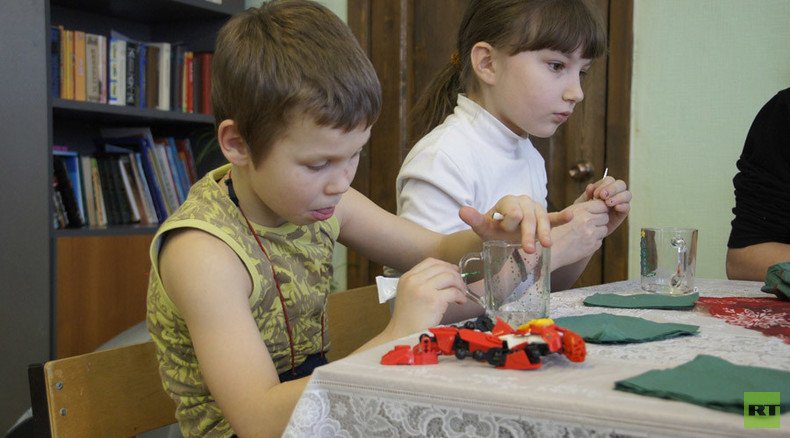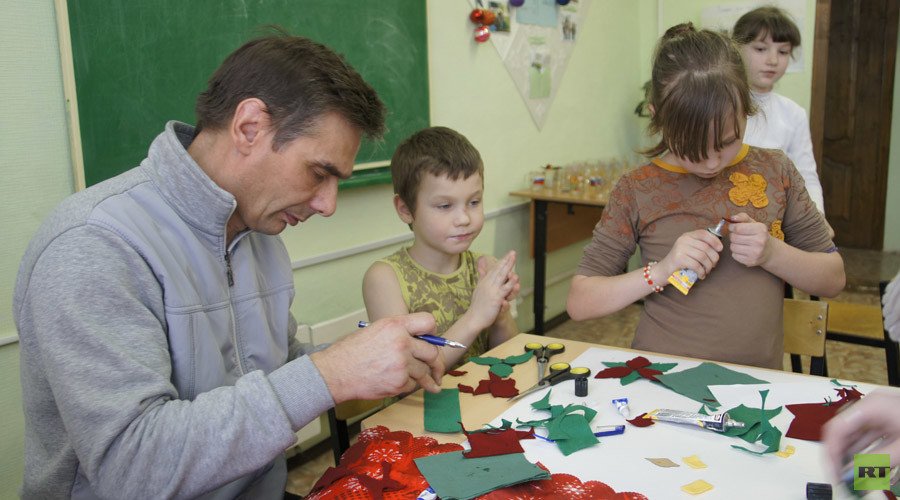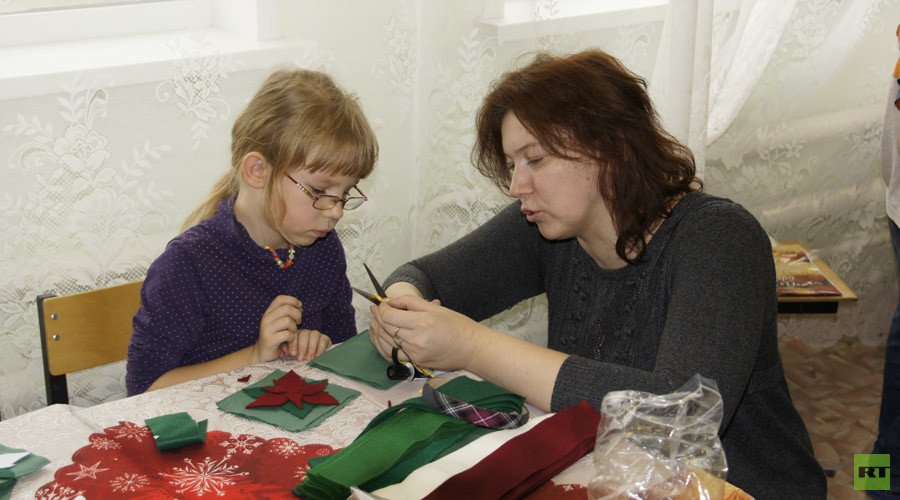When the act of giving does more harm than good

Charity is work. Whenever you are donating a dollar here or there, collecting things, or joining a volunteer force in any charity – it is always work demanding that you first of all check who benefits with this donation.
We have been helping orphanages for the past 10 years, and all this time the most important part of our help was its consistency. Charity is about this: knowing what exactly is needed and the best way to deliver this. We often see companies and individuals collecting things like toys or clothes for an orphanage they’ve heard of, but they do it once and often based on their own ideas of what’s good for the children. This inevitably leads to ineffective charity and ineffective volunteering, doing more harm to the receiving orphanage than actually bringing any good.

Think of this: living in an orphanage is completely different from being a part of a normally functioning family. In most orphanages children do not function within the group of people they live with as they do within a family: their daily needs are taken care of by someone else, they do not have to wash dishes or walk the dog, and they do not have to take care of their clothes or help in the garden. This often means they have minimal life skills that are absolutely essential for living alone after graduating from school and leaving the orphanage. When presents – toys, new clothes, games, computers etc. – are freely given to them by do-gooders, it becomes a proof to the kids that everything in life is just given to you by someone who can, and you do not really have to work for it. This misconception leads to a brutal conflict with reality, and children have very limited tools of coping with it. It is one of the main reasons children from the orphanage system end up in prisons or suffer from addictions.
Sports equipment and books are more useful, and donating them seems a better idea than just bringing toys or clothes. But this is only the beginning of the way: you also need to teach kids to love reading so that your books become a learning tool and an inspiration. You need to teach sports as a lifestyle to make sure the equipment does more than collect dust in a locked room. Things we bring have to be the start of a self-improvement process. This work needs constant attention, lots of time invested into it, and solid psychological knowledge to go with it.

But to be an effective volunteer that actually changes the lives of children for the better you do not need to become a psychologist: just ask the director or teachers of the orphanage about the real needs of the children and the care home in general. You can both contact an orphanage as most orphanages have their contact info out in the open, or join forces with a reputable charity organization. You’ll be surprised of the things that need urgent attention – not toys, but, for example, repair work in the bathrooms, new pillows for kids that are allergic to the feathers in the state-purchased ones, gallons of paint for renovation etc., and lots of work to make all this happen.
Another way of helping is workshops and classes teaching children useful skills such as cooking and sewing, bringing them tools and supplies to develop the skills and being their friends and tutors for a long time to both see their progress and guide the on their learning path.
But if you want to give a present, meet children. Make friends. Bring presents to your friends, not just some unknown kids out there. And with this be more than just a one-time nice visitor.
Tina Berezhnaya, RT charities coordinator
If you are interested in lending assistance to children in need, please click here for more information.
The statements, views and opinions expressed in this column are solely those of the author and do not necessarily represent those of RT.
The statements, views and opinions expressed in this column are solely those of the author and do not necessarily represent those of RT.













